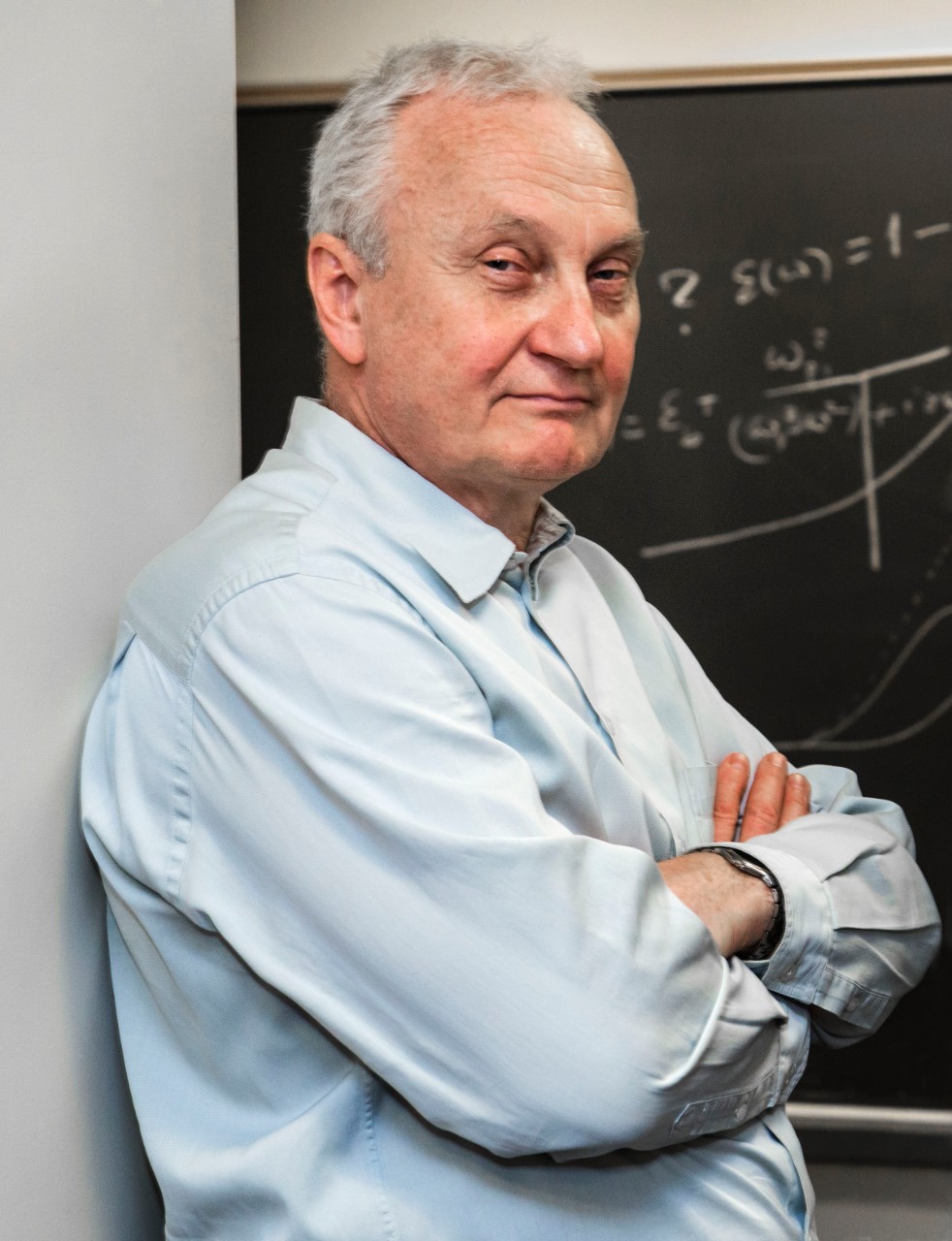Boston College Professor of Physics Krzysztof Kempa has been elected a 2016 Fellow of the American Physical Society (APS).
Election is a significant honor, bestowed by scientific peers in recognition of exceptional contributions to the physics enterprise through outstanding research, important applications, leadership or service, or contributions to education. Fellowship is limited to no more than one half of one percent of the more than 50,000 APS members, who include physicists in academia, national laboratories, and industry in the United States and throughout the world.
Kempa was cited by the APS Division of Condensed Matter Physics for his outstanding research, which is focused on the interaction of electromagnetic radiation with novel materials and architectures, in particular on optical and plasmonic effects. The APS citation notes Kempa's “pioneering contributions to understanding basic physics of plasmons in condensed matter systems.”
“Kris is entirely deserving of this honor," said Ferris Professor of Physics and department chair Michael J. Naughton. "He has been a sustained, leading presence in the department, with creative, high level theoretical research that engages many aspects of novel materials physics and phenomena, including its overlap with other disciplines such as engineering and biology - the very essence of integrated science.”

"I am greatly honored," said Kempa, who joined the BC faculty in 1987. "Since most of the work contributing to this recognition was done at BC, I believe that it also reflects well on BC's support of the sciences in general, and physics in particular."
Boston College Physics now has five faculty members, representing nearly 30 percent of the department, who have been selected for this highly competitive honor, with Kempa joining Distinguished Research Professor Gabor Kalman, Rourke Professor Kevin Bedell, Naughton and Professor David Broido.
The American Physical Society is a non-profit membership organization working to advance and diffuse the knowledge of physics through its outstanding research journals, scientific meetings, and education, outreach, advocacy, and international activities.
—News & Public Affairs



